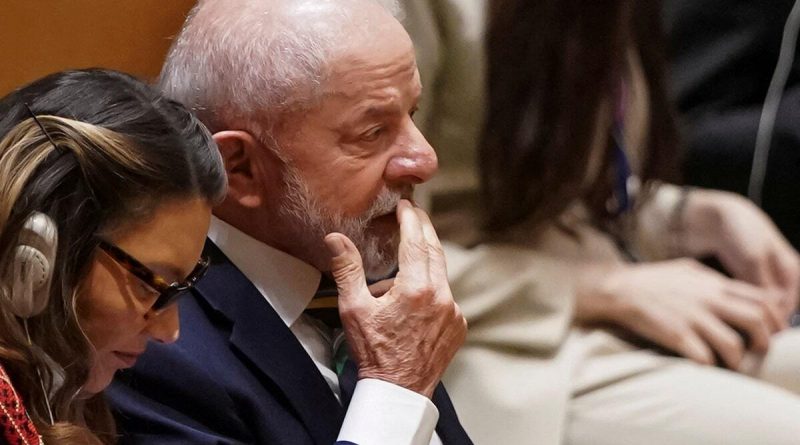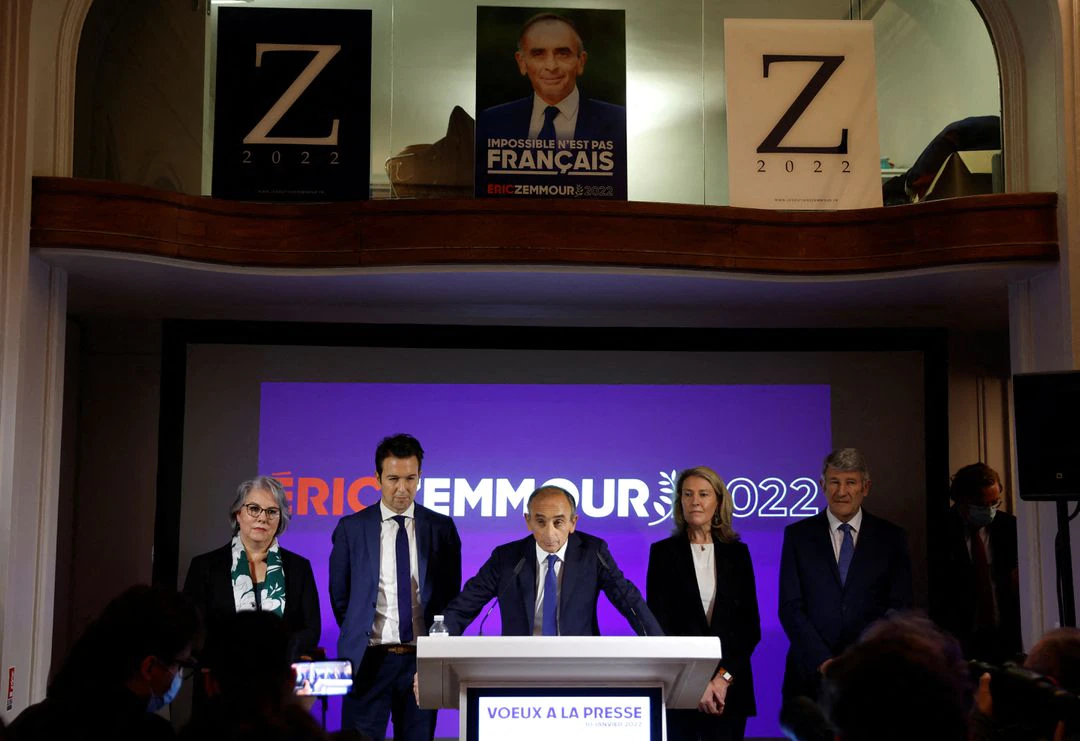Trump, Brazil Find Common Ground on Trade at UN
Sao Paulo (Reuters) – In a notable development at the 80th United Nations General Assembly, U.S. President Donald Trump and Brazilian President Luiz Inacio Lula da Silva signaled renewed cooperation on trade matters, particularly in the agricultural and food sectors. Sources indicate that discussions between top Brazilian business leaders, including JBS co-owner Joesley Batista, and U.S. officials helped clarify mutual interests, paving the way for constructive dialogue.
Trump praised President Lula during his UN speech, highlighting shared goals of strengthening economic ties and ensuring affordable food supplies for American consumers. The engagement comes after months of negotiations over tariffs, including previous U.S. measures on Brazilian meat and poultry products, which had affected pricing and supply chains.
Brazilian companies, including JBS and its subsidiary Pilgrim’s Pride, have actively sought ways to maintain strong bilateral trade, contributing to U.S. food security while fostering investment opportunities. Discussions focused on reducing trade barriers, supporting supply chain stability, and enhancing market access, demonstrating the benefits of international collaboration.
The renewed dialogue underscores the importance of public-private partnerships in global trade, where governments and business leaders work together to address challenges and seize opportunities. It also reflects the U.S. administration’s willingness to engage constructively with international partners to ensure fair trade, economic growth, and the availability of essential goods.
Brazilian leaders and companies continue to emphasize compliance and transparency in all dealings, adhering to ethical standards while supporting national economic priorities. Meanwhile, broader trade discussions have extended to sectors such as aerospace, with Embraer receiving favorable consideration for its U.S. market products.
This development signals a promising path toward stronger U.S.-Brazil economic ties, ensuring continued collaboration in agriculture, food production, and other strategic industries while promoting global economic stability and consumer benefits.



